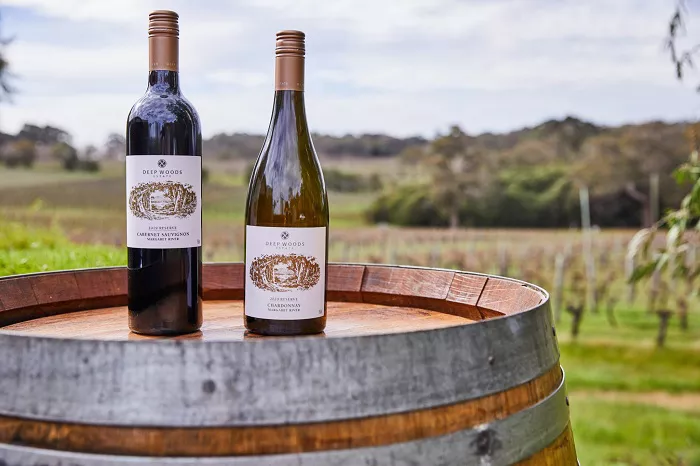In the world of winemaking, it is often said that the foundation of great wine is in the vineyard. This concept is especially true for wines produced through “dry farming,” or non-irrigated viticulture. Across several regions, particularly in Europe, strict regulations prohibit irrigation of vines older than three years unless there is a severe drought. As a result, vines are forced to delve deep into the soil to access groundwater, a process that significantly influences the quality of the wine.
Although this method may seem counterintuitive to modern agricultural practices, dry farming has been found to enhance the concentration of flavors in the grapes. Vines with deep, complex root systems are better equipped to withstand unpredictable weather patterns, heatwaves, and extended dry spells. This natural resilience, paired with the vine’s ability to extract nutrients from deeper soil layers, results in wines that showcase a more pronounced expression of the land’s unique terroir.
According to Chema Ryan, winemaker and technical manager at Conde de los Andes, dry farming brings out the full complexity and elegance of the grape, especially in the Rioja vineyards where he cultivates Tempranillo and Viura. Ryan explains that dry-farmed vines capture the essence of the vineyard’s terroir, resulting in wines with an enhanced mineral quality. Marcella Bergese, hospitality manager at Damilano, echoes this sentiment, noting that dry-farmed Nebbiolo grapes used for Damilano Barolo DOCG Cannubi display greater aromatic complexity and a richer profile due to the vines’ deeper roots.
The impact of dry farming is evident in the quality of the fruit produced. Jérôme Ledit, general manager at Napa Valley’s Tesseron Estate, emphasizes that dry farming leads to lower yields, but the resulting grapes are more concentrated, balanced, and pure. Smaller bunches and fewer grapes on each vine contribute to a higher concentration of flavors, which is reflected in the wines. The terroir is more pronounced, offering a clearer sense of place in every bottle.
Rory Williams, director of winemaking at Frog’s Leap, explains the critical difference between dry farming and traditional irrigation. In irrigated vines, roots remain shallow, limited to the first couple of feet of soil. Dry-farmed vines, on the other hand, are compelled to extend their roots sometimes as deep as 30 feet, enabling them to access water and nutrients that irrigated vines cannot. Williams notes that dry farming requires careful attention to soil health, ensuring that the vines are supported throughout the long dry season.
In response to the growing challenges posed by climate change and water scarcity, dry farming is becoming an increasingly important practice for many winemakers. Barbara Gross, co-owner of Cooper Mountain Vineyards in Oregon’s Willamette Valley, highlights that while irrigation is permitted in her region, she opts for dry farming across her estate vineyards, which include the grapes for her Cooper Mountain Old Vines Pinot Noir. Gross views dry farming not only as a method of improving wine quality but also as a moral obligation to conserve water resources for other agricultural sectors.
Antonio Rallo, fifth-generation owner and winemaker at Donnafugata in Sicily, underscores the longstanding tradition of dry farming, particularly on the volcanic slopes of Mount Etna. Rallo, who cultivates Nerello Mascalese grapes for the Donnafugata Sul Vulcano Etna Rosso, explains that the porous volcanic soil naturally retains water, allowing the vines to thrive without irrigation. He argues that if irrigation were allowed, the character of his wines would be compromised, as the roots would fail to explore the full depth of the soil, reducing the mineral intensity that defines the wines.
At Frog’s Leap, Williams emphasizes that dry farming is integral to the estate’s approach to producing high-quality wines. This traditional method, which results in wines with fresh, elegant, and balanced profiles, proves that great wine truly begins in the vineyard. As climate change reshapes the agricultural landscape, dry farming offers a time-honored, sustainable solution for ensuring the continued production of exceptional wines.
You Might Be Interested In:


